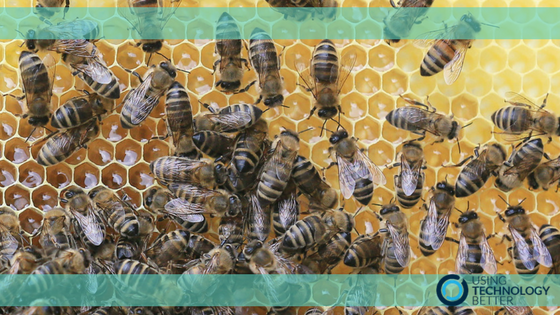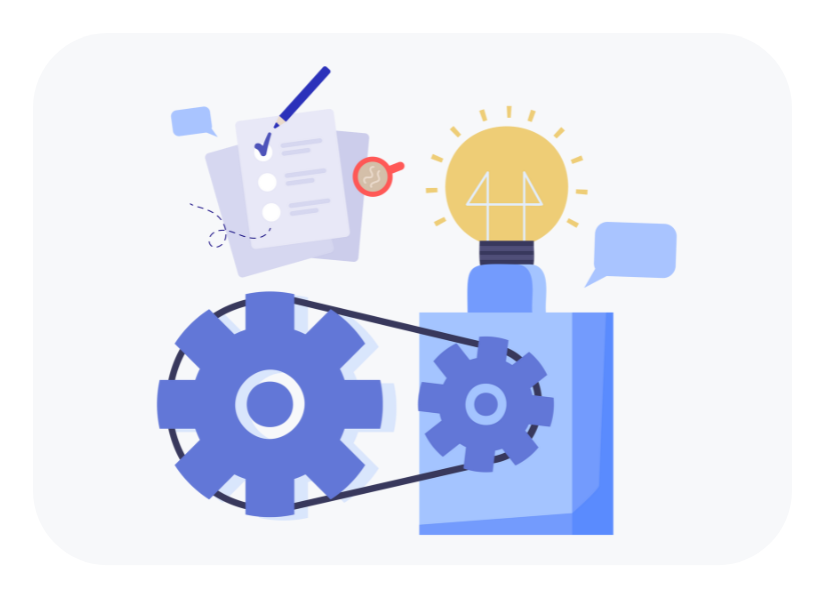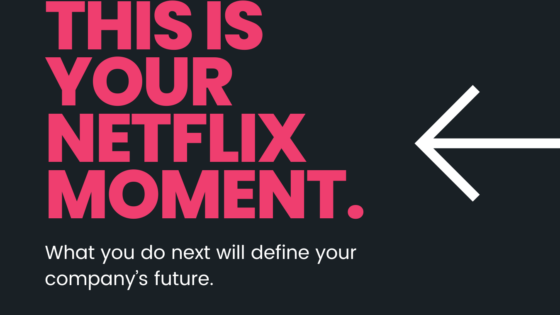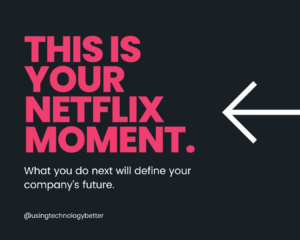
The phrase, ‘If it isn’t broken, don’t fix it’, is sometimes used to prevent change from happening. Change for change sake, is equally problematic. When change brings the possibility of better outcomes and an improvement to current practice, then I think it’s time to take the plunge. We can often buzz around like bees when confronted with change as we may not see the need or we have become complacent with current practice. However, if we were to think more like bees when doing the buzziness, we’d actually manage the change organically just like they do (more on this later!).
Before getting back to the bees, I’d like to draw a parallel between sound desk that I installed in a venue 20 years ago and schools. When it was installed, it was cutting edge technology in terms of its functionality. It improved the existing sound and production significantly. Training had to take place so that people could use it to its full capacity and it has lasted well. As it aged, procedures were changed to cope with its reduced functionality and expectations regarding the quality of its output slowly reduced to the extent that mediocre was the new excellence.
[bctt tweet=”Over time mediocre can become the new excellence.” username=”adifrancis”]
A new digital desk, is cheaper than the original was to purchase, and brings the capacity to do much more. The quality of sound will be enhanced, but more importantly, the outcomes for the musicians will improve dramatically. They will now be able to do things they have been wanting to try for a long time and this will make them better at their craft. There is greater flexibility and scope for pushing the boundaries in terms of production. Training will need to be undertaken, but as we are building on existing knowledge, the uncomfortable learning curve will be short.
There are parallels between this scenario and the adoption of technology or changing practice in schools. In the education sphere, schools can be resistant to change because they are comfortable in their existing routines and outcomes. The perceived pain to question and adjust existing habits overshadows the chance to explore new learning opportunities. We need to be careful not to continually change, following the next shiny thing that appears, as this produces fatigue and resentment. However, no change creates a stagnant stability. Schools look for the ocean-going stability of an ocean liner, but sacrifice directional flexibility and the ability to be agile for continuity and normalisation.
[bctt tweet=”Schools look for the ocean-going stability of an ocean liner but sacrifice directional flexibility and the ability to be agile, for continuity and normalisation.” username=”adifrancis”]
The question arises of how we maintain a balance between the old and the new, and discern which direction to take. This is where reflective practice and continual improvement enter the conversation. We need to be able to measure the effectiveness of current practice and temper this against improvement through change. By critically reflecting on practices that have become routine we can identify areas for growth. As with the old sound desk, a change of equipment, led to a change of routine which was hard. However, the journey led to far better outcomes. It is easier to just accept current practices as the norm and try to apply them to a new pedagogy or technology. This does not lead to a change of outcomes.
No change is easy, as change is associated with loss. People can perceive that their value is diminished when a change of direction is undertaken. This is where a shared vision that aligns with the values of the school community and underpins the reason for changes provides a foundation for growth. This needs to be paired with refined, proven practice. The ultimate goal being to improve outcomes for students, so that they are able to function effectively in an ever-changing world, whilst vauling and building the capacity of teachers. There is a careful balance that needs to be found between initialising change and dismissing new directions based on change fatigue. To dismiss new technology and pedagogy can be short sighted and reduce the potential to reach new heights. Like a digital sound desk, the opportunities to push the boundaries in terms of production and developing skills is enormous, but we have to take the plunge.
Schools are complex structures and it can be hard to make decisions as they can impact many facets of what we do. But holding onto tradition because it is easier can also be equally problematic. There needs to be a blend of old and new that aligns with the values and vision of the school. This doesn’t help the process or provide a panacea for the decision-making angst, rather it provides a touchstone to measure opportunity against.
Change that leads to new learning opportunities and improved outcomes must utilise the human resource in schools, embrace technology that redefines learning and engages the wisdom and experience of others. This provides a sound structure for improvement. However, you have to be moving to change direction.
[bctt tweet=”Change that leads to new learning opportunities and improved outcomes must utilise the human resource in schools, embrace technology that redefines learning and engage the wisdom of experience of others.” username=”adifrancis”]
So back to the bees…apparently, in a beehive there is a certain percentage of bees that do not follow instructions about where to go to get pollen. These rebellious bees go off on a tangent and find new areas to get pollen. They still achieve the goals of the entire hive, but just explore different ways of getting there. If they did not stray from the majority, then the hive would die as no new sources of pollen would be found. If schools behaved like a beehive, change would become part of their culture. Some staff would continue to improve what has always has done, but also support those who are willing to explore new things so that the entire team survives and gets stronger.
[bctt tweet=”If schools behaved like a beehive, change would become part of their culture.” username=”adifrancis”]
If you want to bring about positive change in your school, check out our eReady program.
















